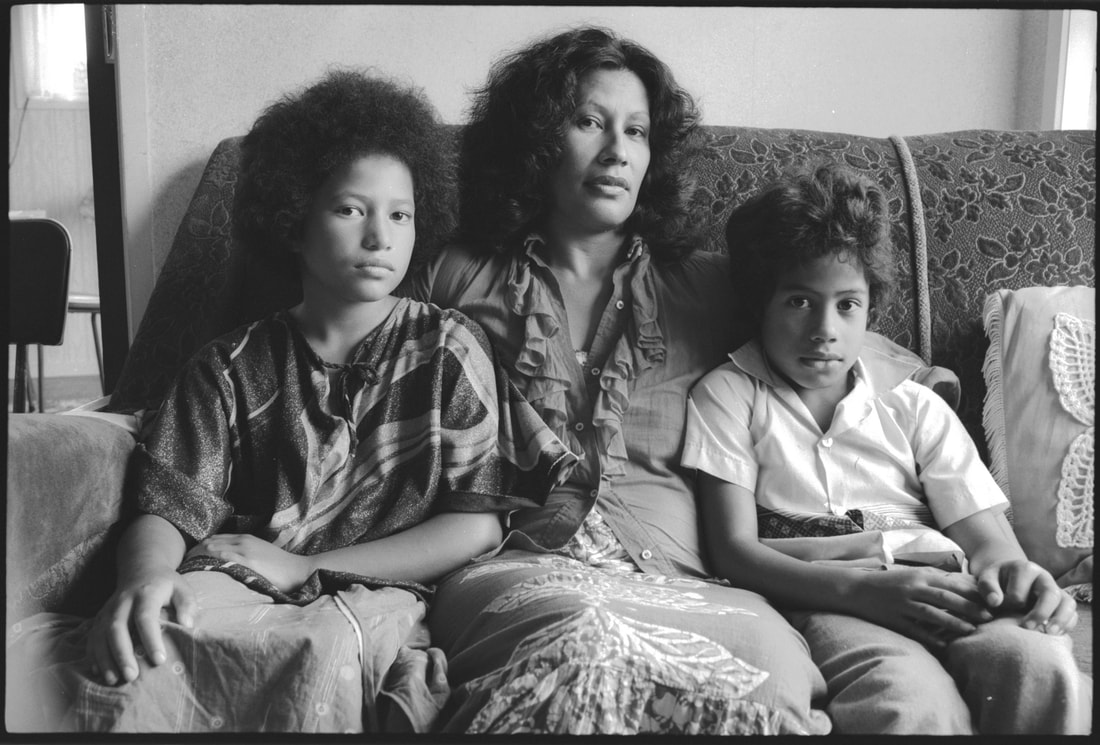|
The Breadcrumbs widget will appear here on the published site.
A Worthwhile Documentary for the Revolution Earlier this week, the Sundance Institute awarded its Merata Mita Fellowship to indigenous filmmakers Ainsley Gardiner and Briar Grace-Smith. The fellowship, awarded during the Sundance Film Festival, is set to recognize and cultivate and support indigenous filmmakers from all over the world, with these two women receiving cash grants and a yearlong support for their activities and projects from the Sundance Institute's Indigenous Program. The fellowship, awarded since 2016, is named after acclaimed Māori documentarian and filmmaker Merata Mita, who, from 2000 to 2009, served as an advisor and artistic director for the Sundance Institute Native Lab. Before she passed away in 2010, Mita helped mentor and bring many indigenous talents to prominence, including Taika Waititi, Zoe Hopkins, and more. At this year's festival, Mita's life is recognized and celebrated in the documentary MERATA: How Mum Decolonized the Screen. Directed by Mita's youngest son, Hepi, the film covers Mita's life as a filmmaker starting in the late 1970's up to her death. Mita's life was one of many accomplishments and challenges, as told through interviews with her six children and archival footage of interviews, unfinished projects, and select pieces of her filmography. Mita, who was the first indigenous woman and first Māori woman to write and direct a feature film with the 1988 film Mauri, spent most of her career making political documentaries that brought a voice to New Zealand's Māori population, often with great personal struggle and challenges that made her both revered and demonized in her country. What's fascinating about MERATA and Merata Mita herself is how universal and specific her life's work is. The film shows many of the films Mita worked on, and it's easy to see how her work still resonates in 2019. Films like Bastion Point: Day 507 (1980) showed the conflict between the native population and the government that attempts to seize their native land for development, bringing memories of the Dakota Access Pipeline or the proposed U.S.-Mexico Border Wall to the viewer's mind as they watch footage of members of the Ngāti Whātua being forced from their homes. The film Patu! (1983) followed the 1981 South African Springboks rugby tours, in which many indigenous and anti-apartheid protesters fell into violent confrontations with police forces and racist New Zealanders. This documentary made Mita a controversial figure, as her attempts to continue to film and follow these protests made her beloved by the indigenous population, but scorned by others, who continually tried to stop production of the documentary. It's a stunning coincidence that this review is written on Superbowl Sunday 2019, as it brings to mind Colin Kaepernick and the NFL protests, which are still being hotly debated as people gear up to watch the program.
While MERATA is dedicated to showing the work of Mita and how it helped bring her to international acclaim, the film also strives to show the personal side of her and bring to light her struggles as a mother and as a woman. Through interviews with her six children, Mita is presented as a woman who fell in and out of failing relationships, who struggled with poverty and abuse, and who made sure her children were close and aware of the world around them. Through her work, Mita was able to show her children how to be proud of their heritage, how to speak out against injustice, and how to build a sense of family and community. But as Hepi states in his narration, what stands out the most about Mita is her love, and that's reflected in how the film is presented. Many of the clips are presented at an reduced aspect ratio, as if we're looking at the film strips being fed into the projector. They take on a home movie quality, allowing each interview with Mita and every image of her with her children to feel like something that could be taken from our own personal film collections. MERATA is a stunning documentary that shows a lot of love and care for its subject as only a son could show his mother. While many may not know of Mita before this documentary, they will come out of it aware of how universal the subjects of her films are, and how indigenous filmmakers and artists can carve out a place for themselves in the world. As Mita herself once said, "The revolution isn't just running out with a gun, if a film I make causes indigenous people to feel stronger about themselves then I'm achieving something worthwhile for the revolution." If she is to achieve something even after her death, it's through her efforts to bring indigenous stories and voices to prominence, to highlight discussions and debates that continue to this day, and to inspiring others to continue finding ways to ensure that indigenous people are still included in conversations. And that is definitely, and always will be, worthwhile.
0 Comments
CommentsYour comment will be posted after it is approved.
Leave a Reply. |
AuthorWrite something about yourself. No need to be fancy, just an overview. Archives
July 2024
Categories
All
|


 RSS Feed
RSS Feed






